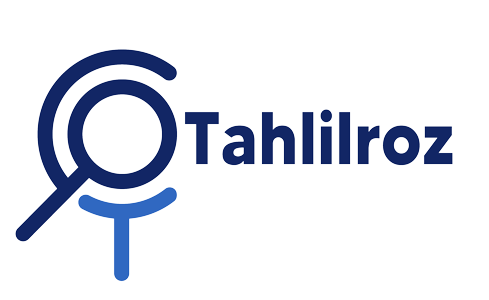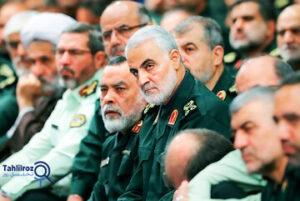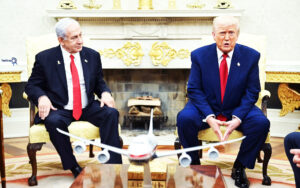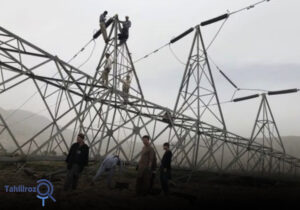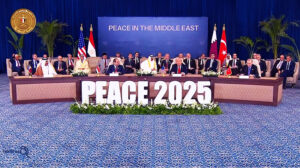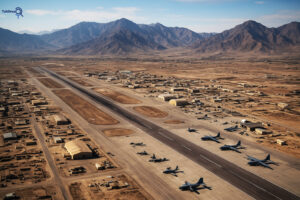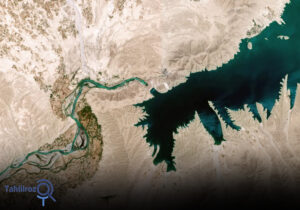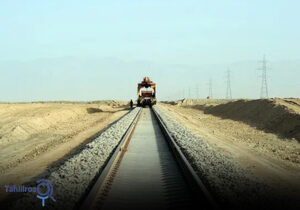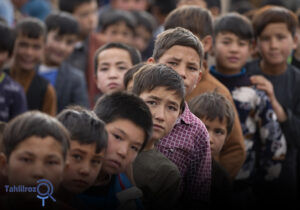The nature of a government is based on people’s will, and an autocratic, monopolistic, coercive government against the will of the people can never last and remain stable. When the Taliban were able to take control of Afghanistan, at the very beginning, there were whispers of the formation of an inclusive government in Afghanistan from their own side, but the further they went, the more closed and complicated this discussion became.
The nature of inclusive government in Afghanistan, from people’s perspective
After the Taliban came to power, the only important demand that Afghanistan people had/have from this group was/is the formation of an inclusive government in Afghanistan so that all ethnic groups can be present and satisfied in it.
The principle of Islamic government is undisputed, because all the people of Afghanistan are Muslims and they are considered among the most religious people in the world, so it is natural that this nation and these people want Islamic government and will never accept non-Islamic governments.
But the main challenge is that what the nature of the Islamic system should be and how we can establish an Islamic government acceptable to all parties and factions, so that on the one hand, the religious beliefs of the people will be respected, and on the other hand, this government can respond to the international relations and the daily needs of the Afghan society with regard to global developments.
The people want a popular and Islamic government from the Taliban, in which the real representatives of the people have a role, and most importantly, the fugitive and traitor figures who betrayed the same people and looted them for 20 years, should no longer have a role in the government.

- The Taliban’s opinion about inclusive government in Afghanistan
Although the Taliban accepted inclusive government at the very beginning, but over time they disobeyed this principle and refused to form it, and on the contrary, they sidelined the issue of inclusive government in Afghanistan, which has no justification at all.
Amir Khan Muttaqi, the Acting Minister of Foreign Affairs of the Taliban, said regarding the inclusive government: “If inclusiveness means that one minister is under the orders of France, another is at America’s service, and the other is under the orders of another government, we will not do this kind of inclusiveness, and if inclusiveness means to represent the people of Afghanistan from all parts, this is the current government.”
Although this statement is worthy of consideration, because in the past 20 years, ministers and lawyers were selected at the behest of foreigners, but the formation of an inclusive government in Afghanistan is the desire of the Afghan people, not foreigners.
These are the people who want their real representatives to have a place in the government so that national unity can be maintained. On the other hand, currently the Taliban government is an insider government in which only Taliban and Pashtuns are present and other ethnic groups have no place and base.

What people really want
As mentioned in the beginning, the people want a government that is from among the masses and chosen by them, not thieves and fugitives of the past who did everything they wanted to people.
Sometimes, when the discussion of inclusive government in Afghanistan is raised, some Taliban and Taliban thinkers enter the field and relate the discussion to the fugitive leaders, while they know very well how much the people have hated these fugitive figures and they have clearly stated in their demands that they don’t want the presence of fugitive figures in the government. Therefore, this discussion should not be sidelined, but should be strongly supported as the basis for the Afghanistan system.
There is no other way, and an exclusive government cannot last, so instead of boasting and marginalization, the Taliban should form an inclusive government as soon as possible to consolidate the foundations of the system, so that everyone can find themselves in it, and war, bloodshed, and insecurity will be eliminated.
Mohammad Elyas Ahmadi is an Afghan expert and analyst
Translator: Mohsen Shahrafiee
